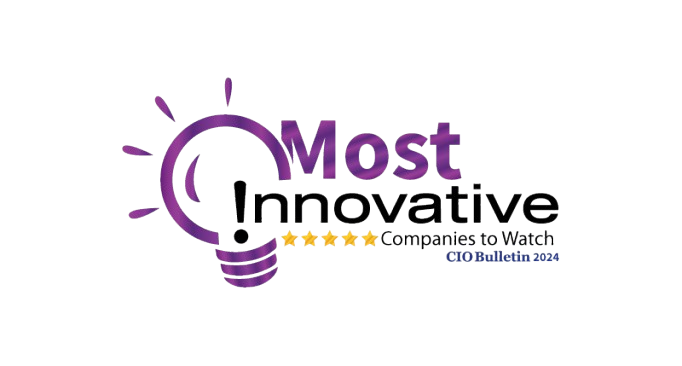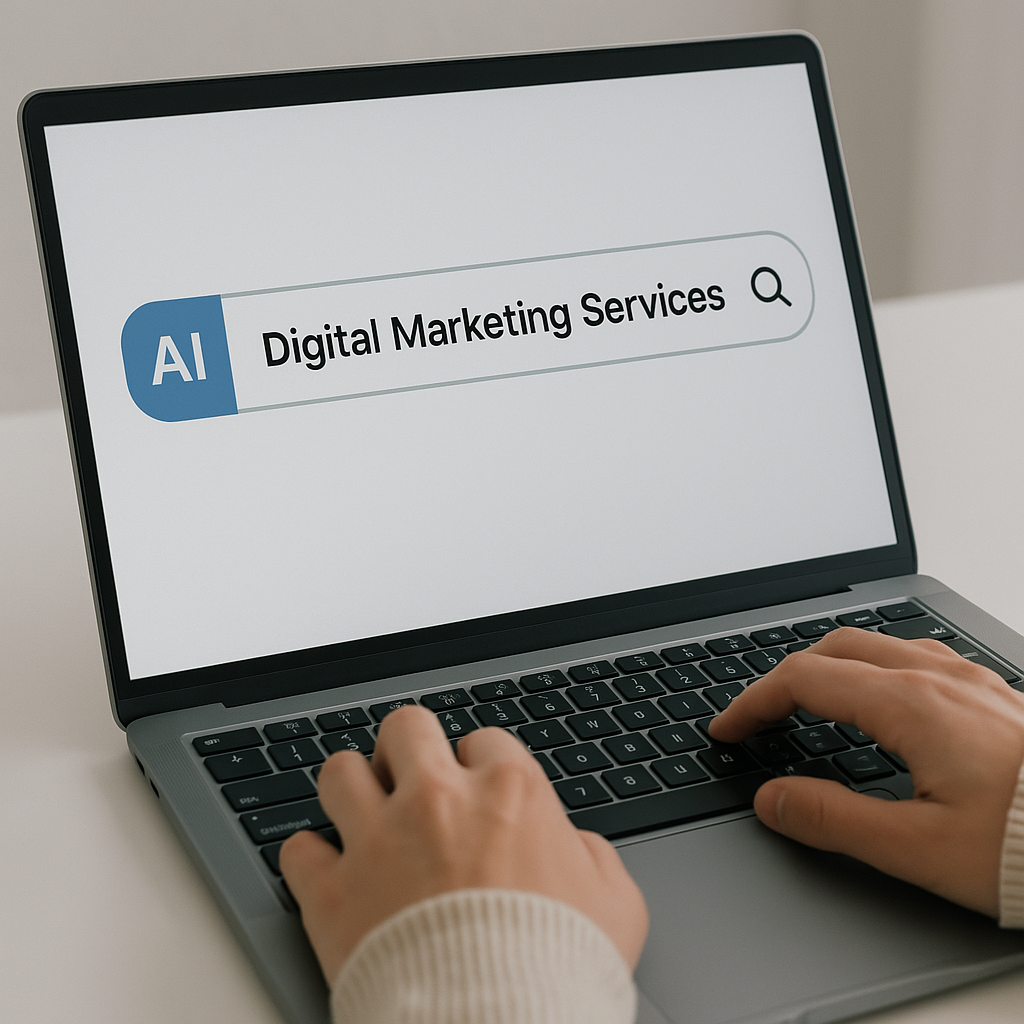Ad Targeting Using Email And CRM Lists
November 15, 2022
Advertising is all about reaching your target audience in the best way possible. In 2023, you must put out a generic ad that does not cater to a highly segmented population. You need to identify your target audience and create your ad campaigns accordingly.
Email lists are one of the most effective ways of ad targeting in the age of digitization. Email has proved to be a consistently efficient marketing channel over time. While people come and go when it comes to their social media presence, they use their email ids for a long time. Creating targeted ad campaigns using email and CRM lists is sustainable and effective.
Modern CRM solutions let you store all valuable information about your prospects and customers, including their email ids. Marketers create dedicated email lists from this database based on their target audience. For example, if you want to target your email subscribers, your CRM will give you a list of subscribers you can approach through your ads. Email lists help you segment your audience and have a focused advertising approach.
Business-oriented social media platforms like LinkedIn allow marketers to upload their email lists to target ads the right way. It lets you upload as many as 300,000 contacts from your list for your ad campaigns. The platform also helps you integrate your CRM to reflect your contacts on its list.
Such features and initiatives help you make the most of your email lists and increase your campaign’s efficiency.
Why Should You Target Ads Using Email And CRM Lists?
Using CRM email lists is the most fruitful way to target your ads. Here are the reasons why you should go this way as you create your ad campaign:
A Segmented Approach
Advertising to a specific group of an audience helps you segment the population you want to reach out to. Catering to everyone and spreading yourself thin reduces the efficacy of your advertising campaign. Brands should create and market ads according to the specific demographic they want to target.
Emails and CRM lists help you form a list of contacts you want to approach through your ads. It lets you channel all your marketing efforts in one direction, ensuring that you get results.
Personalized Advertising
While advertising is an important mass media element, it should be personalized to get the desired traction. Targeting ads using emails and CRM lists help you tailor your ad campaigns according to your audience’s needs.
Your CRM lists give you important information about your contacts, such as their purchase history, transaction history, website visits, preferences, and more. Marketers can use this data to create tailor-made advertising campaigns across multiple channels.
Personalized advertising lets you strike the right chord with your audience. It makes your customers and prospects feel special, encouraging them to engage with your business.
Creating Relevant Content
Content relevancy and personalization are equally important to create a targeted advertising campaign. Having email and CRM lists helps you create ad content that is in sync with your contacts’ requirements.
Every ad campaign has a theme, tone, and purpose. Your marketing team can use CRM data to define each of these elements to create a robust ad campaign. The ad content for working adults should never be similar to that created for high school kids. Your email and CRM lists guide you through creating ad content that is relevant to the ongoing market trends and your audience composition.
Increasing Conversion Rates
Converting more leads into customers is one of the primary objectives of an advertising campaign. Your sales and marketing reps capture and nurture the leads to get the engagement you are looking for.
Targeting ads using email and CRM lists lets you boost your conversion rates and increase your ROI.
When you know your target audience, you can guide them throughout their buying journeys. From the moment they are acquired until a deal is closed, modern CRM solutions help you be there for your contacts every step of the way. Having a segmented audience lets you drive more sales and increase your conversion rates, making your ad campaign a success.
Important Ways To Target Ads Using Email And CRM Lists
Once you have email and CRM lists at your disposal, you can use them to target your ads in many different ways. Depending on your target audience and your marketing objectives, you can choose the suitable platform(s) to indulge your prospects and customers.
Here are some of the most common and important ways to target your ads using email and CRM lists:
Facebook
Your ad campaign is incomplete without using the world’s biggest social media platform to propagate your messages. In the age where social media usage is peaking, it is safe to say that everyone is on Facebook.
Looking at the platform’s popularity, you can rest assured that most of your CRM contacts will be on Facebook.
Facebook Custom Audiences, a Facebook marketing tool, lets you upload your CRM email lists to target your segmented audience. As you upload the email addresses, the tool matches them with Facebook user profiles and shows your ads only to these contacts. This way, you can approach the members of your email and CRM lists on Facebook.
One of the biggest benefits of targeting your ads using Facebook is that it is highly flexible. If your list is too big, Facebook lets you narrow your audience depending on factors like age, gender, interests, and more.
Instagram Ads
Instagram is no longer a social media platform used just for sharing images and videos with friends. It has emerged as one of the most fruitful marketing channels for brands worldwide.
Facebook Custom Audiences is the parent platform for Instagram. You can use the same tool to target your CRM contacts on Instagram. Depending on your target audience, Instagram lets you post ads in the form of images, videos, and a carousel (a series of images and videos). The tool matches your email list to Instagram users, allowing you to target a specific bunch of Instagram users for your ad campaign.
An ideal blend of Facebook and Instagram ads makes your ads more powerful and increases your chances of getting traction.
Google Ads
Google uses identity-based targeting opportunities to enhance your advertising campaigns. Google Ads users can upload their email lists to target specific audiences via Google Search, Display, YouTube, Shopping tab, and Gmail.
Moreover, Google provides you with a tool called Google Customer Match to expand your reach. The tool lets you target lookalike audiences depending on your existing customers and prospects. As you upload and format your email and CRM list per Customer Match guidelines, you can use it as a target audience for an existing or new ad campaign. If any of these contacts perform a Google search or use any Google platform as they sign into a Google property, they will see your ads.
The Final Word
These were some of the most important aspects to consider to target your ads using email and CRM lists. These lists help you segment your target audience to focus on the contacts that benefit the most from your business. Marketers can use this ad-targeting approach on almost every social media platform to improve their reach, increase their conversion rates, and boost their ROI.
Modern CRM solutions let you store all valuable information about your prospects and customers, including their email ids. Marketers create dedicated email lists from this database based on their target audience. For example, if you want to target your email subscribers, your CRM will give you a list of subscribers you can approach through your ads. Email lists help you segment your audience and have a focused advertising approach.
Business-oriented social media platforms like LinkedIn allow marketers to upload their email lists to target ads the right way. It lets you upload as many as 300,000 contacts from your list for your ad campaigns. The platform also helps you integrate your CRM to reflect your contacts on its list.
Such features and initiatives help you make the most of your email lists and increase your campaign’s efficiency.
Why Should You Target Ads Using Email And CRM Lists?
Using CRM email lists is the most fruitful way to target your ads. Here are the reasons why you should go this way as you create your ad campaign:
A Segmented Approach
Advertising to a specific group of an audience helps you segment the population you want to reach out to. Catering to everyone and spreading yourself thin reduces the efficacy of your advertising campaign. Brands should create and market ads according to the specific demographic they want to target.
Emails and CRM lists help you form a list of contacts you want to approach through your ads. It lets you channel all your marketing efforts in one direction, ensuring that you get results.
Personalized Advertising
While advertising is an important mass media element, it should be personalized to get the desired traction. Targeting ads using emails and CRM lists help you tailor your ad campaigns according to your audience’s needs.
Your CRM lists give you important information about your contacts, such as their purchase history, transaction history, website visits, preferences, and more. Marketers can use this data to create tailor-made advertising campaigns across multiple channels.
Personalized advertising lets you strike the right chord with your audience. It makes your customers and prospects feel special, encouraging them to engage with your business.
Creating Relevant Content
Content relevancy and personalization are equally important to create a targeted advertising campaign. Having email and CRM lists helps you create ad content that is in sync with your contacts’ requirements.
Every ad campaign has a theme, tone, and purpose. Your marketing team can use CRM data to define each of these elements to create a robust ad campaign. The ad content for working adults should never be similar to that created for high school kids. Your email and CRM lists guide you through creating ad content that is relevant to the ongoing market trends and your audience composition.
Increasing Conversion Rates
Converting more leads into customers is one of the primary objectives of an advertising campaign. Your sales and marketing reps capture and nurture the leads to get the engagement you are looking for.
Targeting ads using email and CRM lists lets you boost your conversion rates and increase your ROI.
When you know your target audience, you can guide them throughout their buying journeys. From the moment they are acquired until a deal is closed, modern CRM solutions help you be there for your contacts every step of the way. Having a segmented audience lets you drive more sales and increase your conversion rates, making your ad campaign a success.
Important Ways To Target Ads Using Email And CRM Lists
Once you have email and CRM lists at your disposal, you can use them to target your ads in many different ways. Depending on your target audience and your marketing objectives, you can choose the suitable platform(s) to indulge your prospects and customers.
Here are some of the most common and important ways to target your ads using email and CRM lists:
Your ad campaign is incomplete without using the world’s biggest social media platform to propagate your messages. In the age where social media usage is peaking, it is safe to say that everyone is on Facebook.
Looking at the platform’s popularity, you can rest assured that most of your CRM contacts will be on Facebook.
Facebook Custom Audiences, a Facebook marketing tool, lets you upload your CRM email lists to target your segmented audience. As you upload the email addresses, the tool matches them with Facebook user profiles and shows your ads only to these contacts. This way, you can approach the members of your email and CRM lists on Facebook.
One of the biggest benefits of targeting your ads using Facebook is that it is highly flexible. If your list is too big, Facebook lets you narrow your audience depending on factors like age, gender, interests, and more.
Instagram Ads
Instagram is no longer a social media platform used just for sharing images and videos with friends. It has emerged as one of the most fruitful marketing channels for brands worldwide.
Facebook Custom Audiences is the parent platform for Instagram. You can use the same tool to target your CRM contacts on Instagram. Depending on your target audience, Instagram lets you post ads in the form of images, videos, and a carousel (a series of images and videos). The tool matches your email list to Instagram users, allowing you to target a specific bunch of Instagram users for your ad campaign.
An ideal blend of Facebook and Instagram ads makes your ads more powerful and increases your chances of getting traction.
Google Ads
Google uses identity-based targeting opportunities to enhance your advertising campaigns. Google Ads users can upload their email lists to target specific audiences via Google Search, Display, YouTube, Shopping tab, and Gmail.
Moreover, Google provides you with a tool called Google Customer Match to expand your reach. The tool lets you target lookalike audiences depending on your existing customers and prospects. As you upload and format your email and CRM list per Customer Match guidelines, you can use it as a target audience for an existing or new ad campaign. If any of these contacts perform a Google search or use any Google platform as they sign into a Google property, they will see your ads.
The Final Word
These were some of the most important aspects to consider to target your ads using email and CRM lists. These lists help you segment your target audience to focus on the contacts that benefit the most from your business. Marketers can use this ad-targeting approach on almost every social media platform to improve their reach, increase their conversion rates, and boost their ROI.
Featured Resources
Check Our Latest Resources

Proven ROI has been recognized as one of the Most Innovative Companies to Watch 2024 by CIO Bulletin—a testament to the company’s forward-thinking approach to CRM investments and strategic partnerships. By working closely with leading CRM platforms like HubSpot, Proven ROI is revolutionizing how businesses manage customer relationships, scale their operations, and drive growth.



